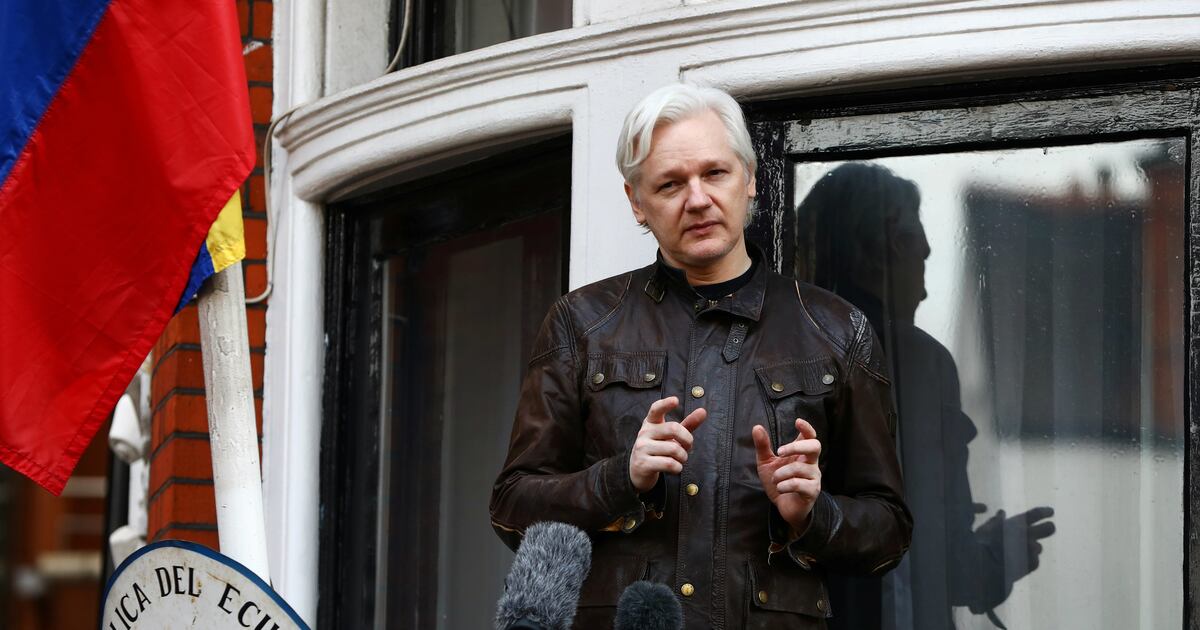In a shocking development, UK authorities admitted to deleting the email account of Paul Close, the lead Crown Prosecution Service (CPS) lawyer involved in the Julian Assange case, during the height of the legal proceedings. The deletion, which occurred in 2014, was not investigated for more than six years, despite its potential significance in one of the most high-profile and controversial legal cases in recent UK history.The truth emerged only after a prolonged Freedom of Information Act (FOIA) litigation led by investigative journalist Stefania Maurizi, alongside barrister Estelle Dehon KC. Their legal fight began in 2017 after they discovered that essential documents had been destroyed. The CPS initially handed over some printed emails but admitted the rest were deleted when Close retired, creating a major gap in the historical record of the case.
Crucial Emails Missing During Key Legal Moments, CPS Offers Incomplete, Contradictory Explanations
The destroyed email account potentially held critical correspondence from pivotal moments in the Assange case, such as the issuance of a European arrest warrant in 2010, his asylum request in 2012, and the period during which Assange was confined to the Ecuadorian embassy. Despite Keir Starmer serving as Director of Public Prosecutions during part of this period, there is no evidence that Close acted on his instructions.

Following pressure from the courts, the CPS eventually released limited new information. It confirmed that Close’s last email login was in March 2014, but claimed it lacked transactional data on the account’s deletion. By 2017, CPS was aware that all associated data was unrecoverable. The service consistently maintained the deletion, followed standard retirement procedures—yet for years, failed to provide consistent or transparent details.
Judicial Pressure Uncovers Hidden CPS Document, But Metadata and Key Questions Remain
Only after a 2023 ruling by Judge O’Connor did CPS provide a copy of its “leavers process document,” which supposedly justified the account deletion. However, its existence had never been disclosed during the years of FOIA litigation. This secrecy raises further concerns about the CPS’s internal processes and motivations, as it took judicial orders in both 2023 and 2025 to force basic disclosures.
Despite some disclosures, many questions remain unanswered: Why was the leavers process document hidden for years? Why did CPS delay addressing FOIA requests? Experts argue that timely action could have preserved key technical data from CPS’s former IT provider. Even now, the limited information released has sparked more questions than answers, prompting a request for further review.
Investigators argue that metadata—technical information attached to emails—could confirm the authenticity of CPS documents, including the leavers process. However, CPS refused to release this metadata, and Judge Foss upheld their stance. Experts like Prof. Steven Murdoch emphasize metadata’s vital role in verifying whether emails are genuine or altered, adding yet another layer of concern to the CPS’s opaque handling of the Assange case.




